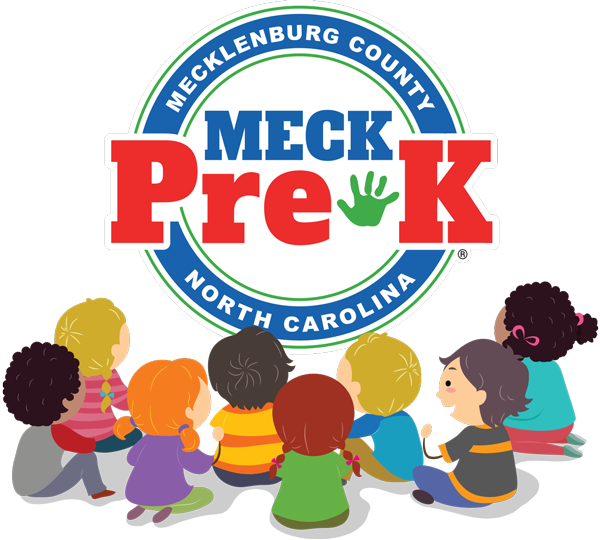MECK Pre-K Blog
MECK Pre-K Blog
Welcome to the MECK Pre-K Blog.
Check back regularly for relevant information on MECK Pre-K and Early Education.
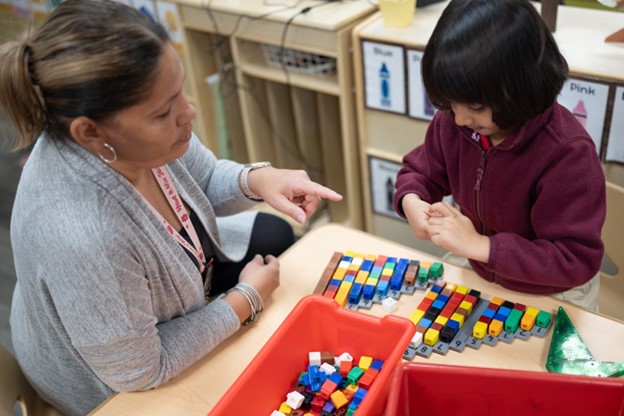
What is the Pre-K Screening Process?
How can you know if your four-year-old is developing the knowledge and skills in pre-K that they will need when they enter kindergarten? If you are enrolled in a high quality pre-K program, your child will go through a screening process.
MECK Pre-K uses the BRIGANCE Early Childhood screening tool, which uses observation, interviews, and child performance to pinpoint understanding in the domains tied to early development and school or kindergarten readiness.
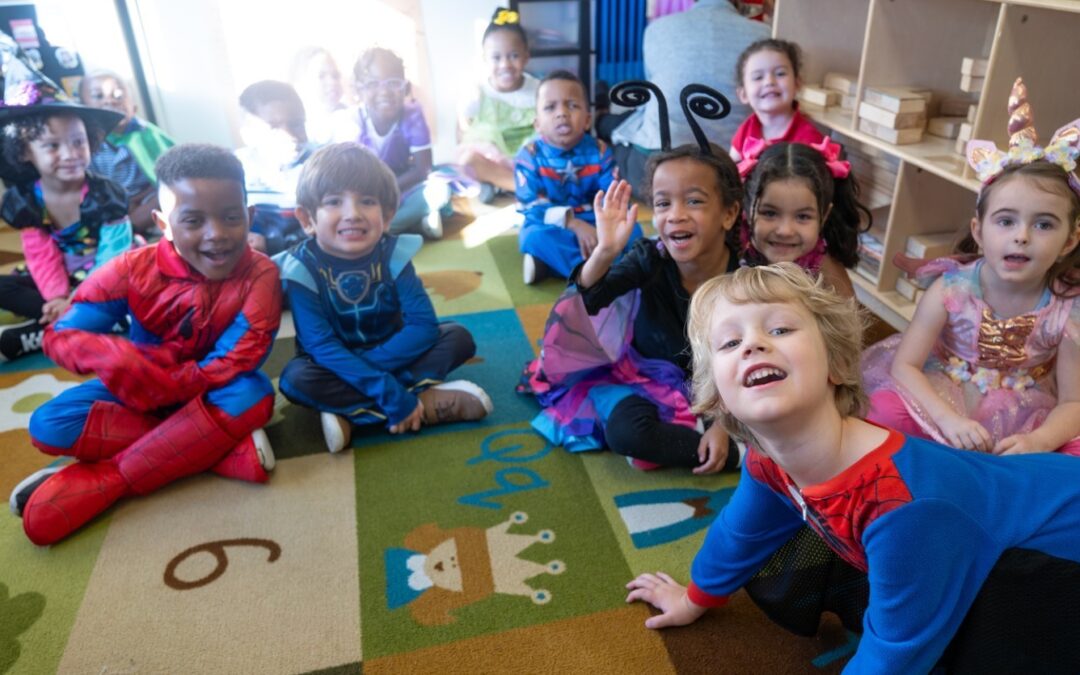
How Pre-K Programs Support Social & Emotional Development
Have you ever watched a group of young children play together? While it may seem like they are just goofing around, they are actually developing social and emotional skills that are the building blocks for how they will relate to others throughout their entire lives. This is a fascinating time in a child’s development, and we have learned a lot about how children develop at this stage. Here are a few fun facts about social development in pre-K aged children.
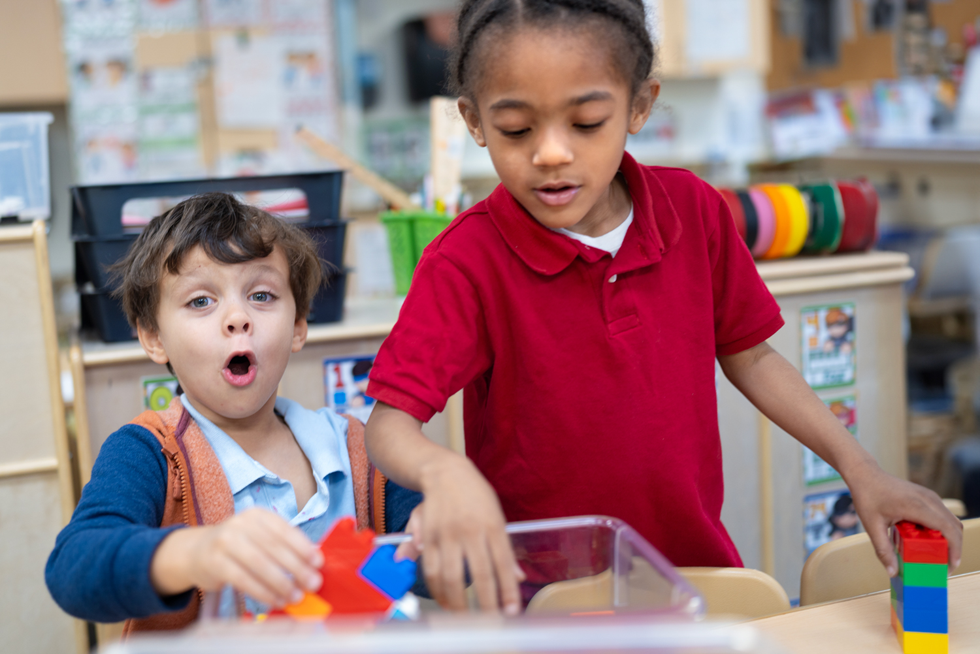
Why It’s Important for Your Child to Attend School Every Day
You’ve probably heard about the many benefits of attending pre-K, from the curriculum, to the social and emotional development, to the literacy skills they develop, and the growth you can see in your child. But you may have also wondered, “Do they really need to go every day?”
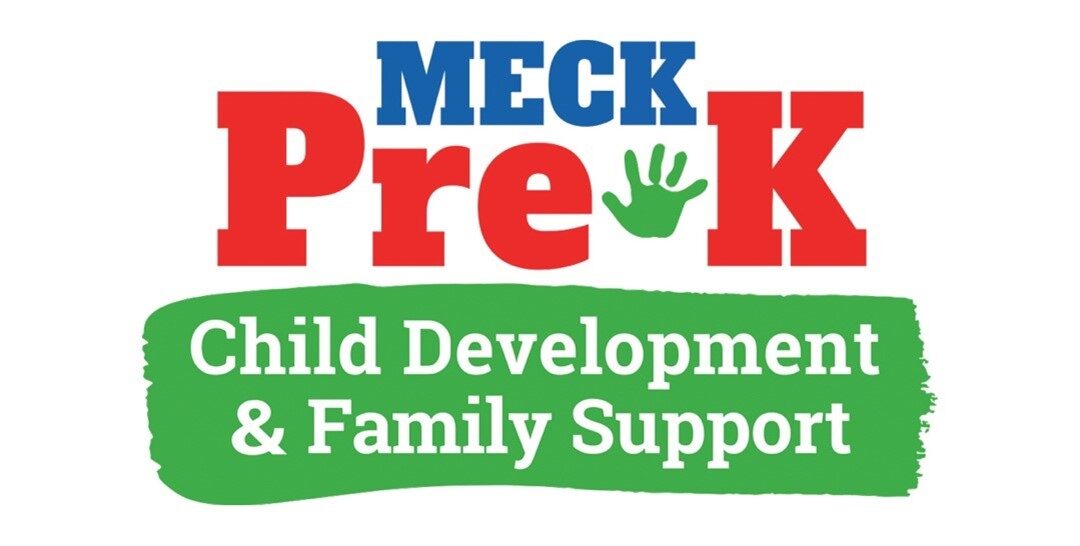
MECK Pre-K’s Approach to Child Development and Family Support
If you’re reading this blog, you are probably familiar with some of the benefits of pre-K. A high-quality pre-K program provides learning and exploration, with hands-on, project-based teaching that incorporates real life experiences into the learning process. However, as we know, there is more to a child’s development than what happens in the classroom. High-quality pre-K programs recognize that students and their families need support both inside and outside of school.

How Attending Pre-K Can Also Benefit Siblings
If you have a sibling, or your child has a sibling, you know how much one child’s behavior can impact another’s. Whether it is through play, mimicking each other, or managing conflicts, siblings have a strong influence. So, it’s no surprise that, when one child attends pre-K, their siblings can also benefit from the experience!
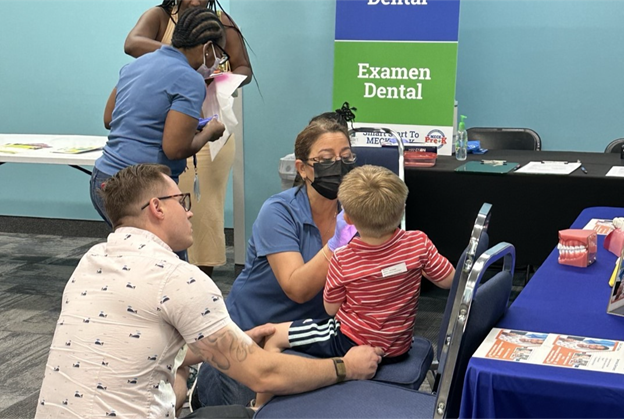
How Pre-K Programs Boost Economic Mobility in Charlotte
Economic mobility has been improving in Charlotte, according to a recently updated study by Opportunity Insights, the Harvard University-based research group led by Dr. Raj Chetty. Economic mobility is the ability of children from low-income families to improve their economic status over time.
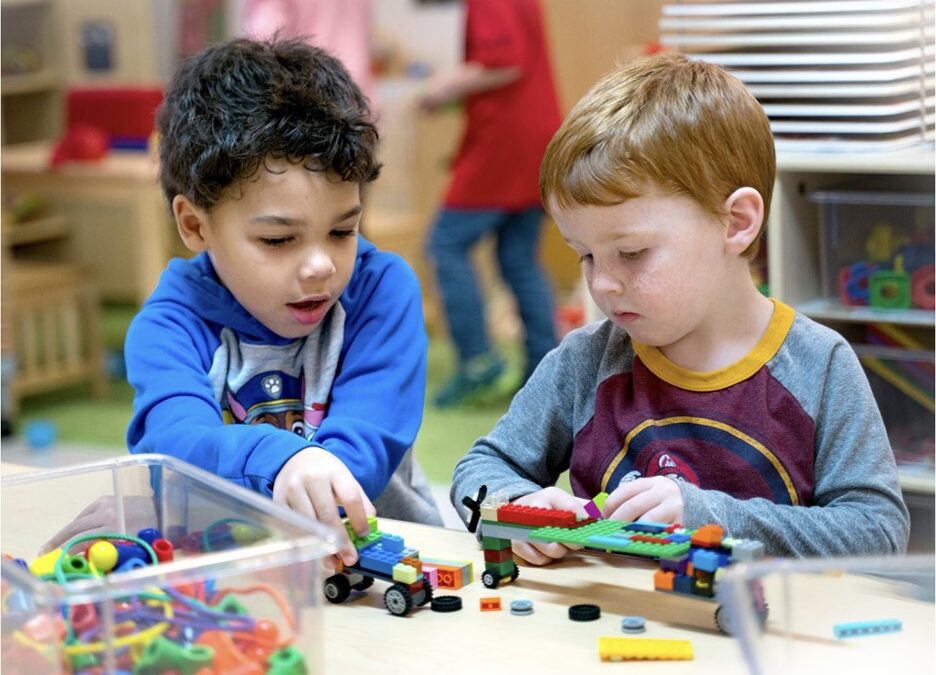
How to Find a High-Quality Pre-K Program
Congratulations, your child is four years old! It’s an exciting time, and you may feel like the time has flown by. Just yesterday, they were learning to talk and taking their first steps. Now they’re ready to debate with you at the breakfast table about which cereal is the best.
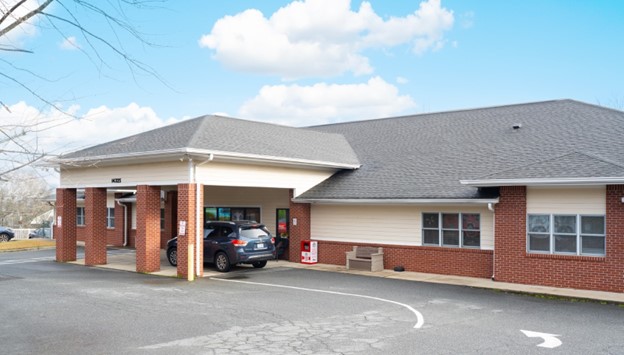
The Center Application Process Explained
When you are choosing a pre-K program for your child, a big part of your decision is probably based on the childcare center itself. It’s important to know that your child is in a safe, nurturing, healthy environment that is in a good location for your family.

A Lifetime of Confidence Starts in Pre-K
Have you ever wondered when and how a child’s self-confidence begins to form? You may be fascinated to know that by age 5, children have a sense of self-esteem comparable in strength to that of adults.
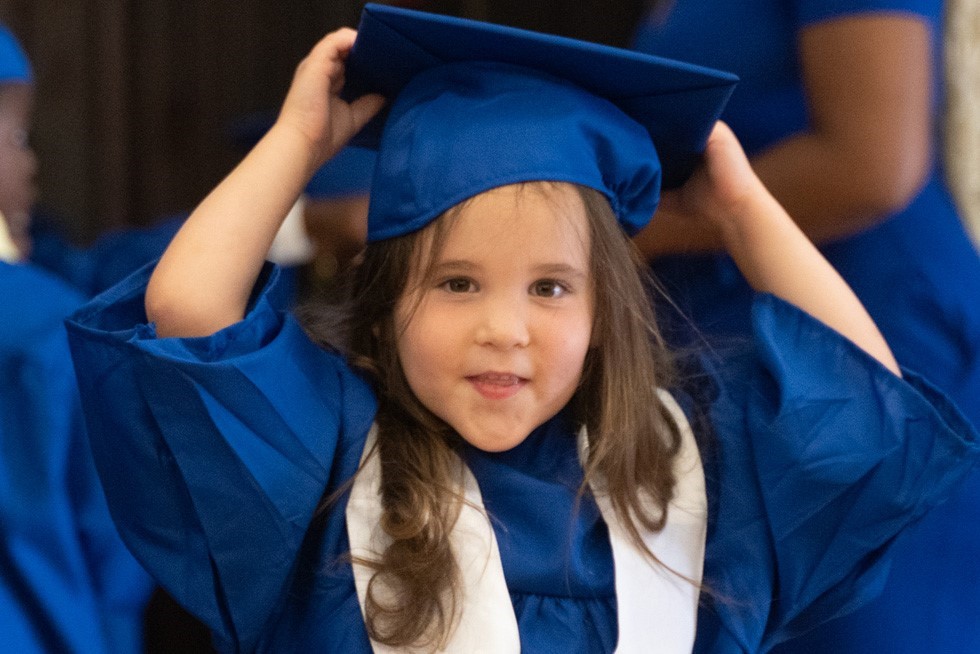
A Lifetime of Achievement Starts in Pre-K
The months of May and June are graduation season in many areas of the country. Graduations are important milestones in a young person’s life, helping them to recognize what they have learned and achieved, and encouraging them that they are ready for a new challenge.
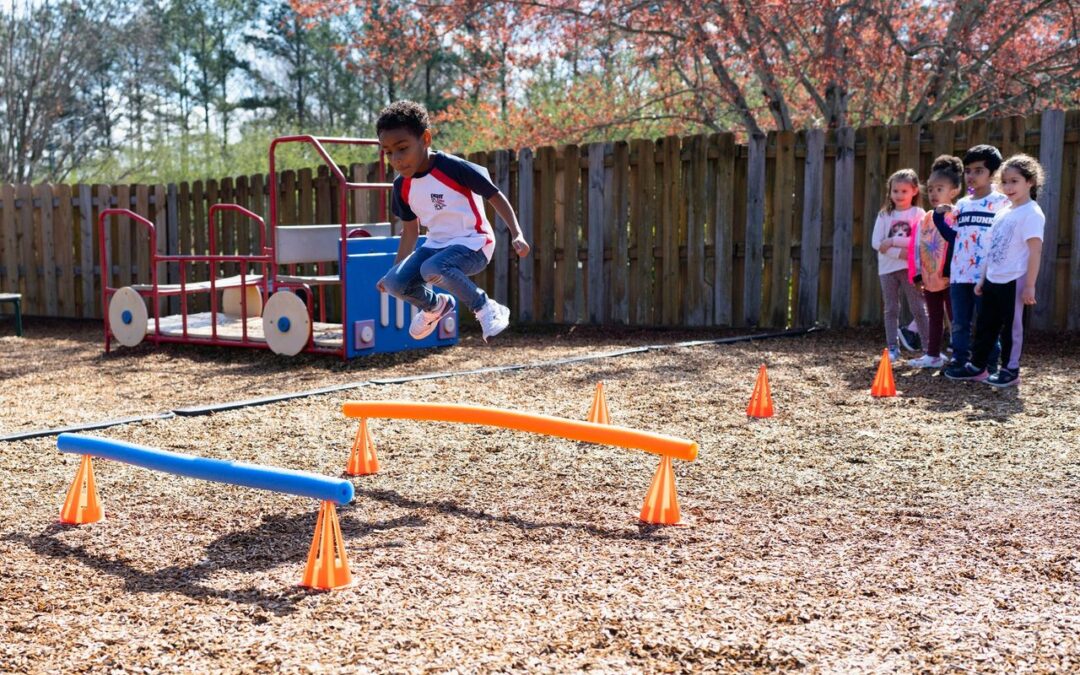
3 Tips to Prevent Summer Learning Loss in Pre-K Students
Congratulations, your child has graduated from pre-K, and they are starting kindergarten in the fall! Now you may be wondering, “How can I help them hold on to everything they learned in pre-K over the summer?” Here are a few ideas, including free things to do over the summer.
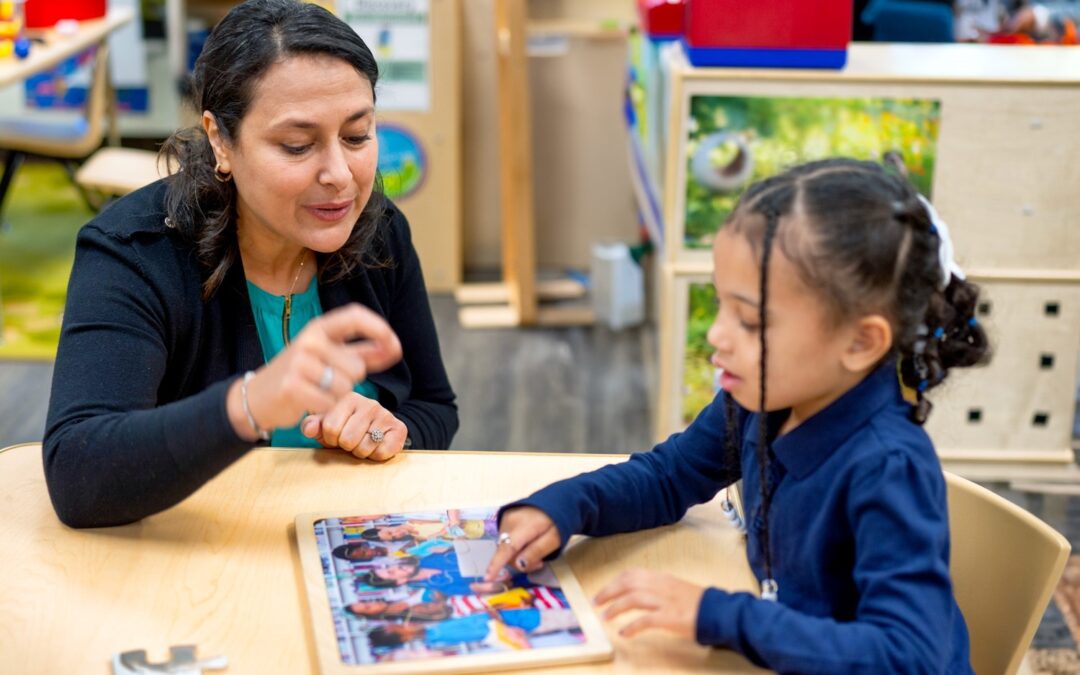
Supporting Teachers Helps Children Too
In honor of Teacher Appreciation Week, we are celebrating teachers, and the many ways that quality educators impact a child’s life in a positive way. We’re also talking about how high-quality pre-K programs cultivate and support teachers so that they can bring their best selves to the classroom.
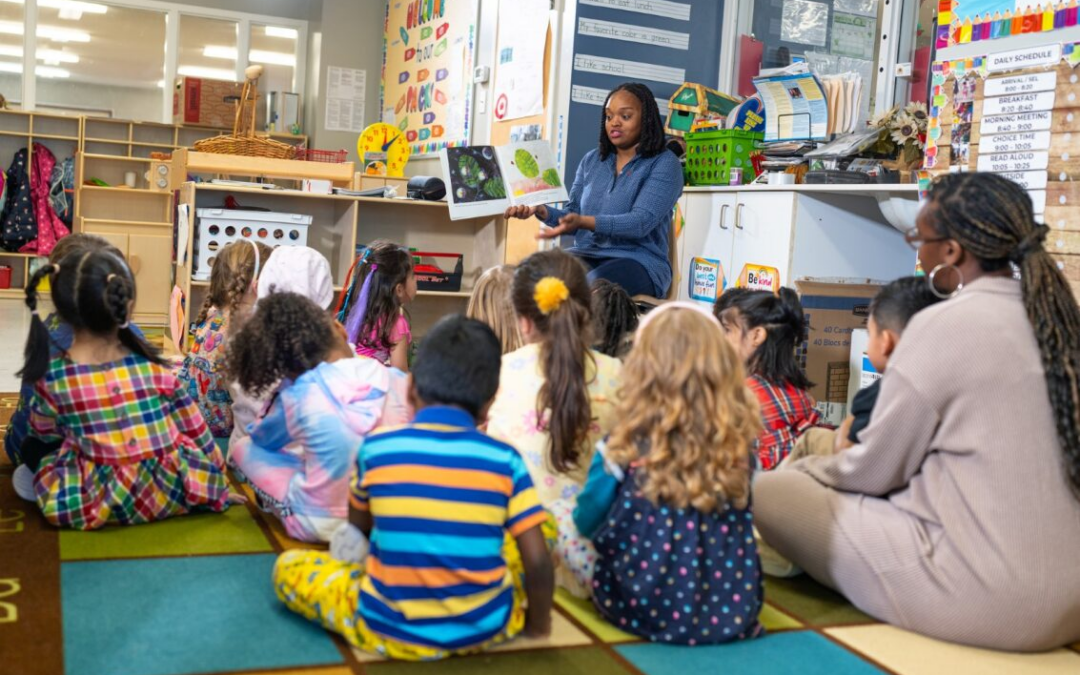
A Lifetime of Literacy Starts with Pre-K Reading
Most of us can remember a time when we curled up with a book as a child. We might have gotten lost in the story, not realizing how much time had passed.
But what about today’s young children? With videogames, streaming television, and other distractions, it may seem like an uphill battle to get them away from screens and into reading. But there’s good news: high-quality pre-K programs offer lots of opportunities for children to develop their reading skills in a fun and stimulating way. With well-trained teachers, age-appropriate books, and an engaging curriculum, children in pre-K develop literacy skills and confidence that can lead to a lifetime of reading for learning and enjoyment.
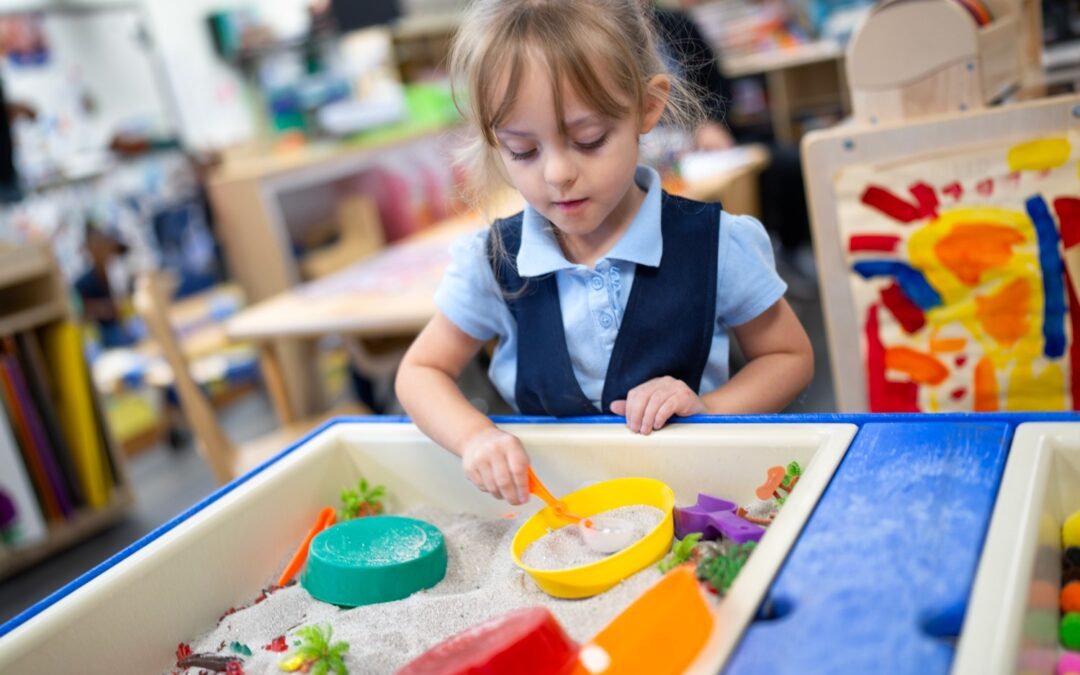
How a Pre-K Classroom is Set Up to Encourage Learning
Have you ever walked into a pre-K classroom? You might see colorful decorations on the walls, child-sized furniture, and maybe even dress-up clothes. You might think, “this is cute.” But there is so much more that goes into the design of a pre-K classroom! A high-quality pre-K program will follow best practices based in the latest pre-K research to create an environment for learning and growth. Let’s break down some of the elements that go into designing a pre-K classroom.
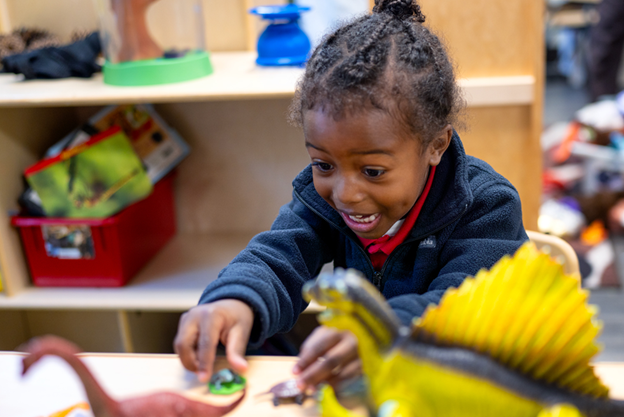
A Lifetime of Discovery Starts in Pre-K
MECK Pre-K students spend each day learning, practicing real life skills and expanding their knowledge. Teachers are trained to follow a child’s interests, build on previous knowledge, and provide real world experience based on that knowledge.
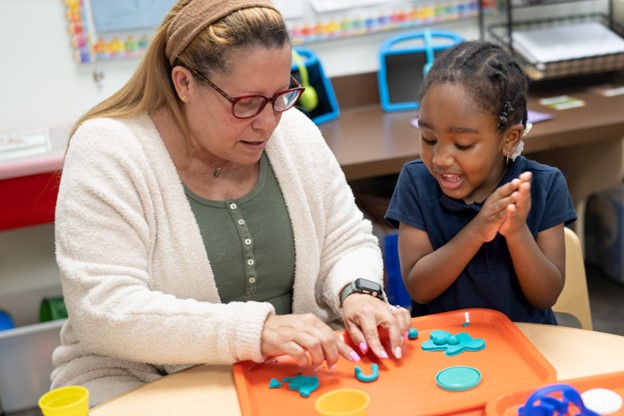
What to Expect at a Pre-K Parent-Teacher Conference
You may be surprised to know that pre-K teachers hold parent-teacher conferences, just like teachers in older grades! The main difference between an elementary and pre-K parent-teacher conference is the developmental age of the child. Children in pre-K are developing skills that will be used later in elementary school. So the topics you discuss with their teachers will focus more on pre-K skills and development.
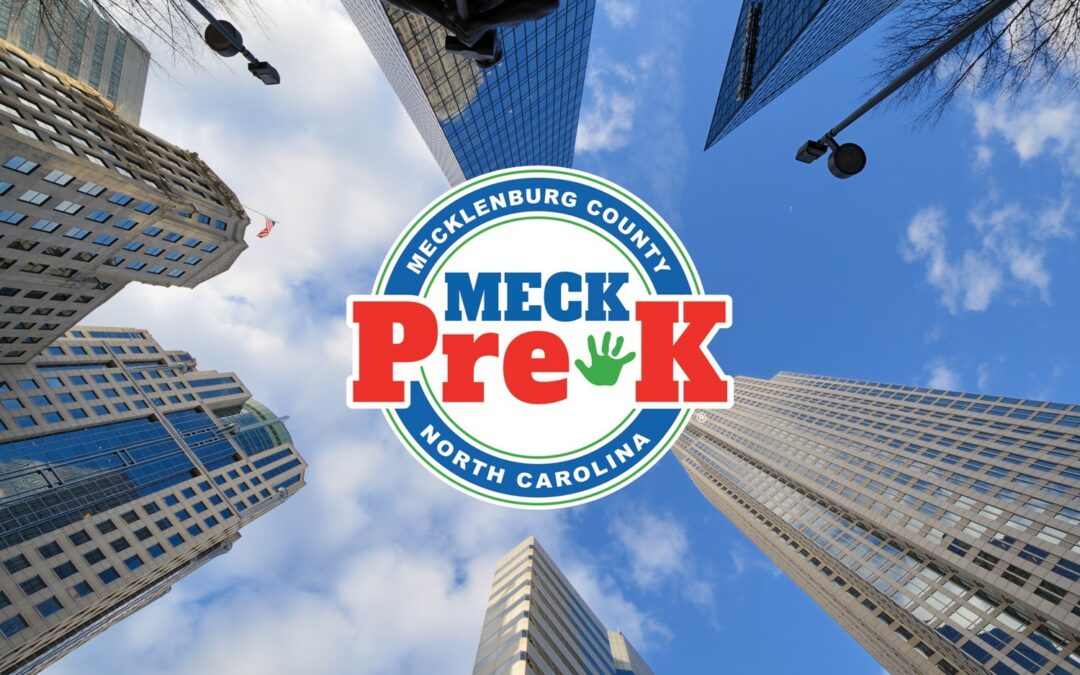
Early education benefits everyone in your community
You may wonder, “Why does early education matter to me?” For those of us without a child under the age of five, pre-K may seem like a distant concept that doesn’t affect us very much. However, it turns out, a high quality early education benefits everyone in a community, not just young children and their families!
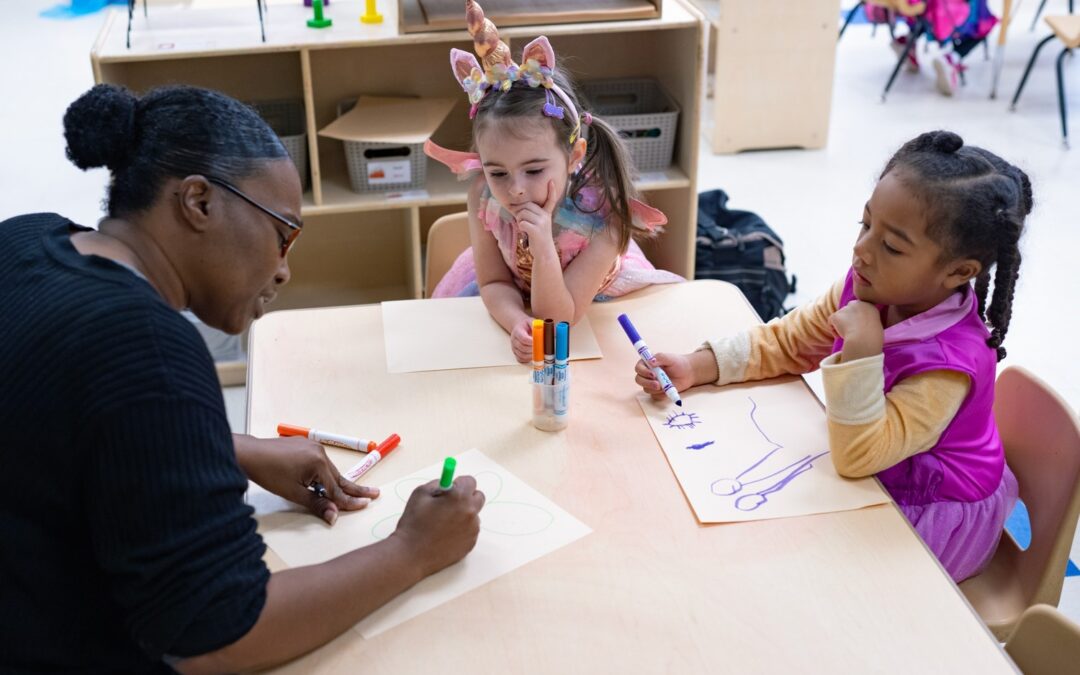
Kindergarten Readiness Starts in Pre-K
You may wonder, “Why should I send my child to pre-K? Why not just wait for kindergarten?” In this blog post, we will explain why pre-K matters, address some of your questions, and provide research and examples.
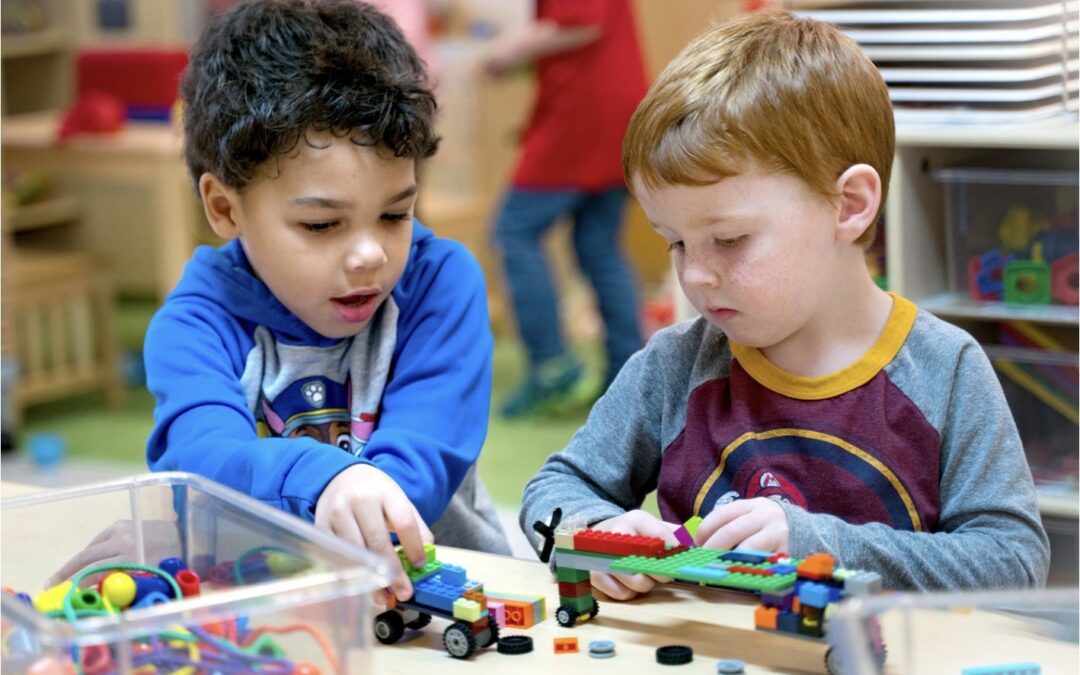
Why Pre-K Matters
You may wonder, “Why should I send my child to pre-K? Why not just wait for kindergarten?” In this blog post, we will explain why pre-K matters, address some of your questions, and provide research and examples.
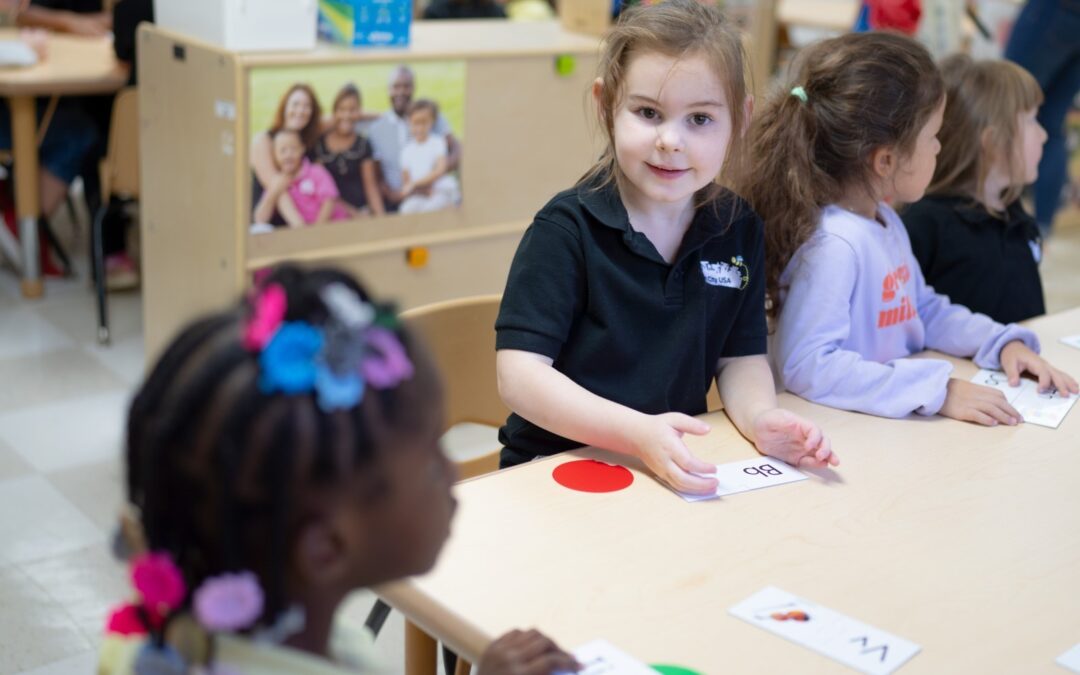
A Day in the Life of a MECK Pre-K Student
Have you ever wondered what it’s like to be a MECK Pre-K student? We have asked our students and their parents/caregivers for the inside scoop, and here’s what they had to say!
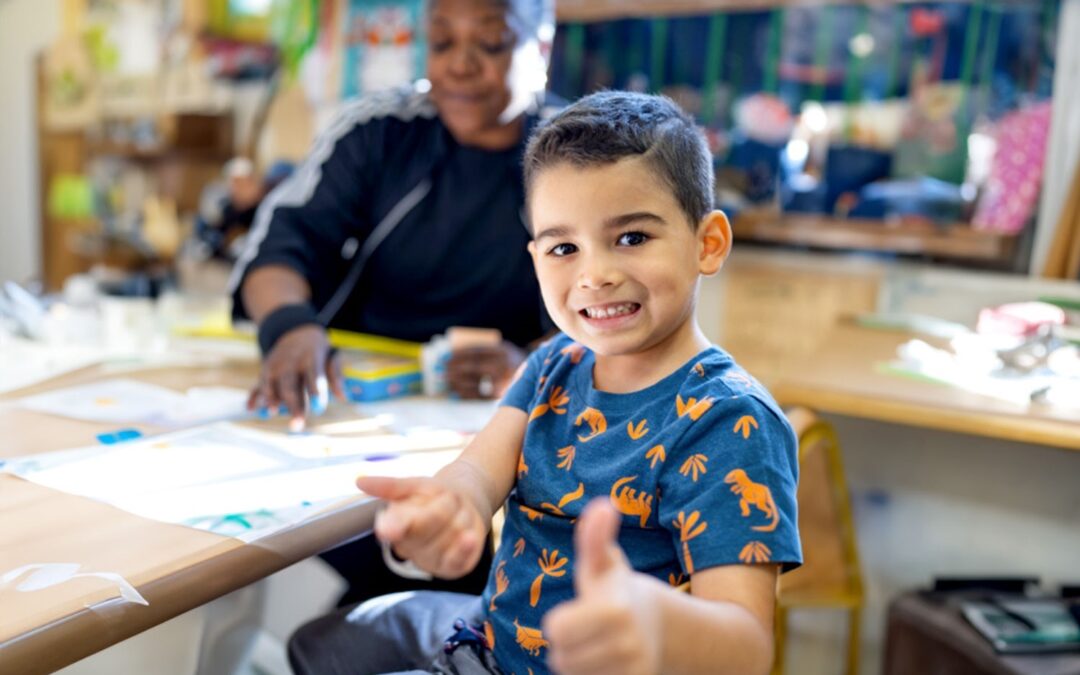
Celebrating 6 years of MECK Pre-K
January 2024 marks the midpoint of MECK Pre-K’s sixth year in operation. Launched in 2018, MECK Pre-K is a high-quality pre-K education open to all four-year-old children in Mecklenburg County at no cost to families. As MECK Pre-K enters its sixth year, let’s look back at some key milestones, and look forward to the 2024-2025 school year!

Get Ready for Pre-K Enrollment
When your child is small, every little discovery is a learning opportunity to them. First, they discover their toes; then the bigger world around them. Then they start understanding your words and exploring their surroundings. Every child is different, and their learning journey is unique. But at some point, many parents may begin to wonder, “What’s next? Should I enroll my child in pre-K?” and, “Where do I start?”
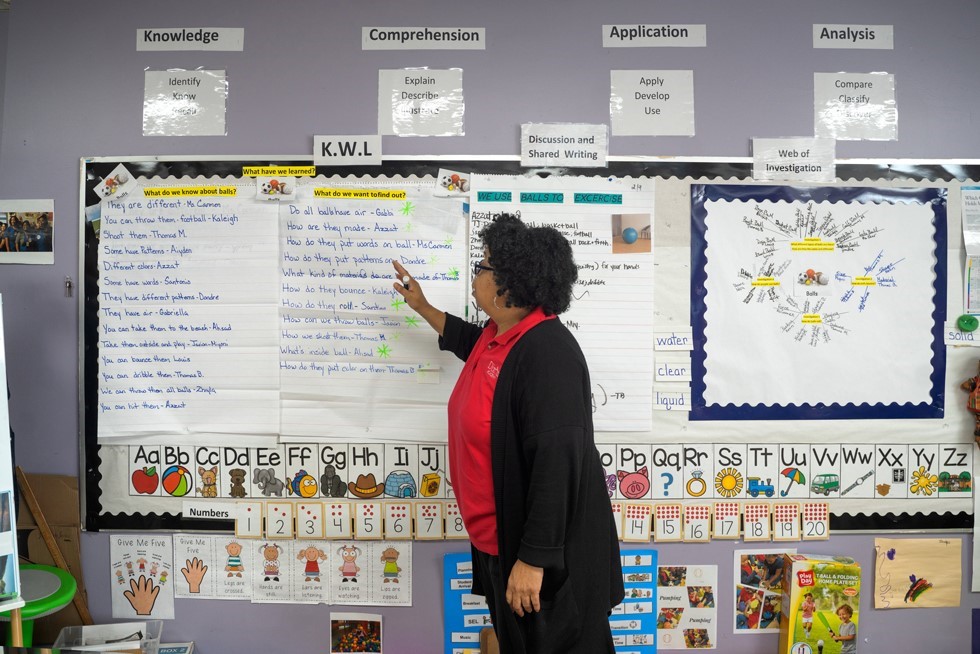
How the MECK Pre-K Curriculum Works for Teachers & Families
Have you ever wondered how pre-K teachers keep a classroom full of young children engaged for an entire school day? Do you feel exhausted just thinking about it? Well, fortunately, high-quality pre-K programs follow a specific curriculum that is designed to keep children engaged and learning all day, while leaving room for social time, play and discovery.
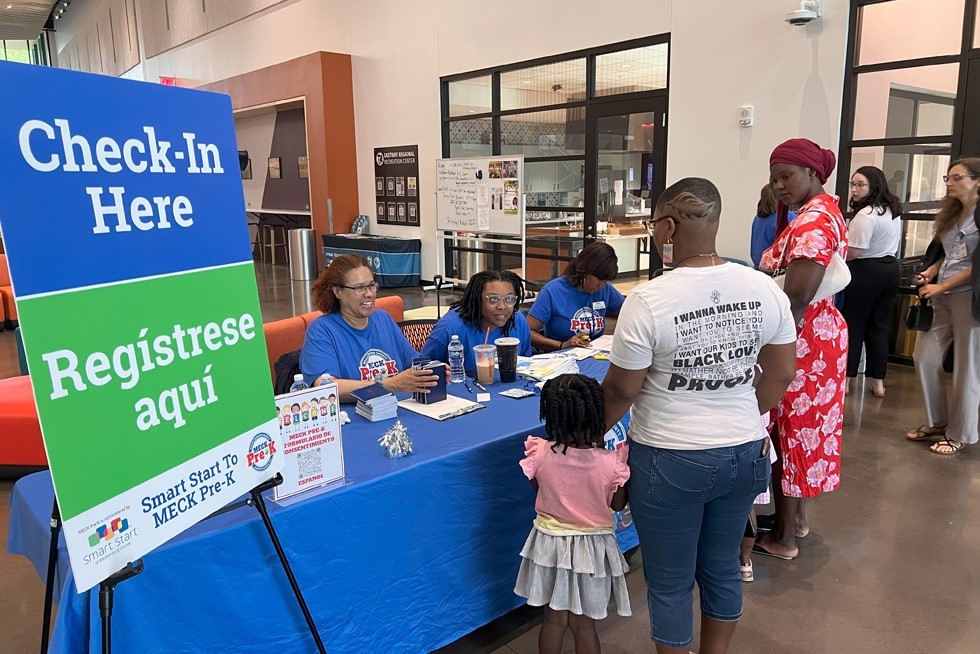
How MECK Pre-K Supports Families
A high-quality pre-K program treats children like whole people, not just students who come and go from the classroom each day. Learning and growth happen all the time, whether children are at school, at home, on the playground or elsewhere. That’s why many pre-K programs offer support for families and students both inside and outside of the classroom.
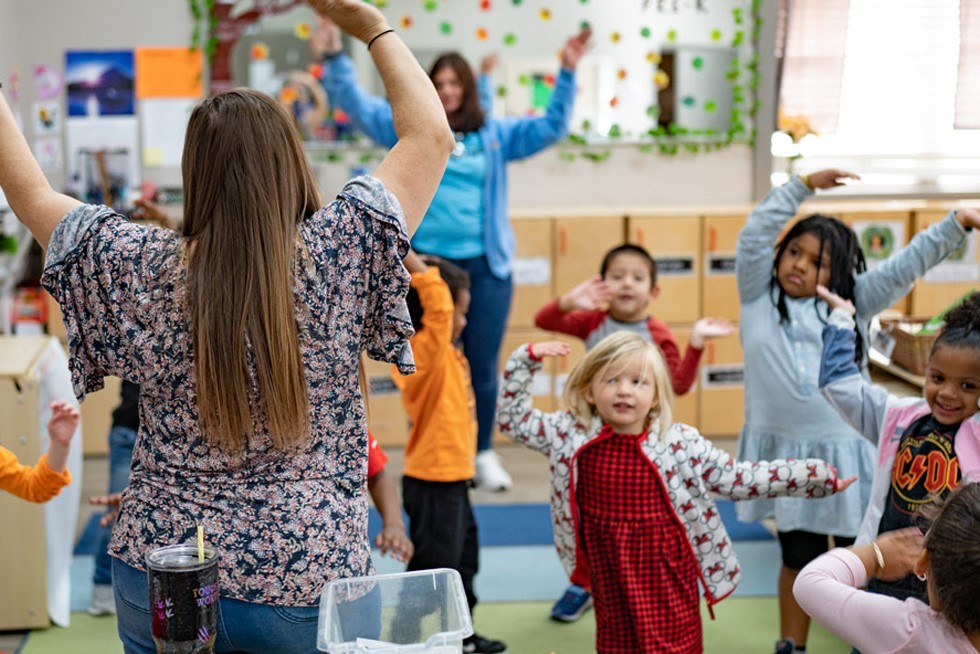
A Day in the Life of a MECK Pre-K Teacher
Have you ever wondered what it’s like to be a MECK Pre-K teacher? We went into classrooms to interview a few of our teachers and got the inside scoop on what they love best about teaching pre-K classes at MECK Pre-K!
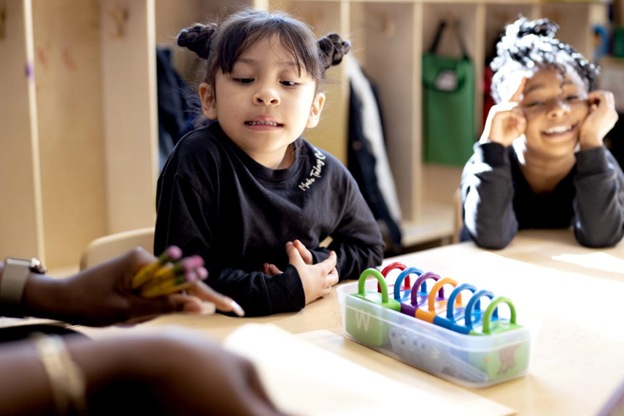
Overview of Public Pre-K in Mecklenburg County
MECK Pre-K is one of three public pre-k programs available in Mecklenburg County. In order to ensure that all families in Mecklenburg County have the information they need to choose the best program for their children, we are providing a quick overview of the three programs, what they offer, and how they may be similar and different.
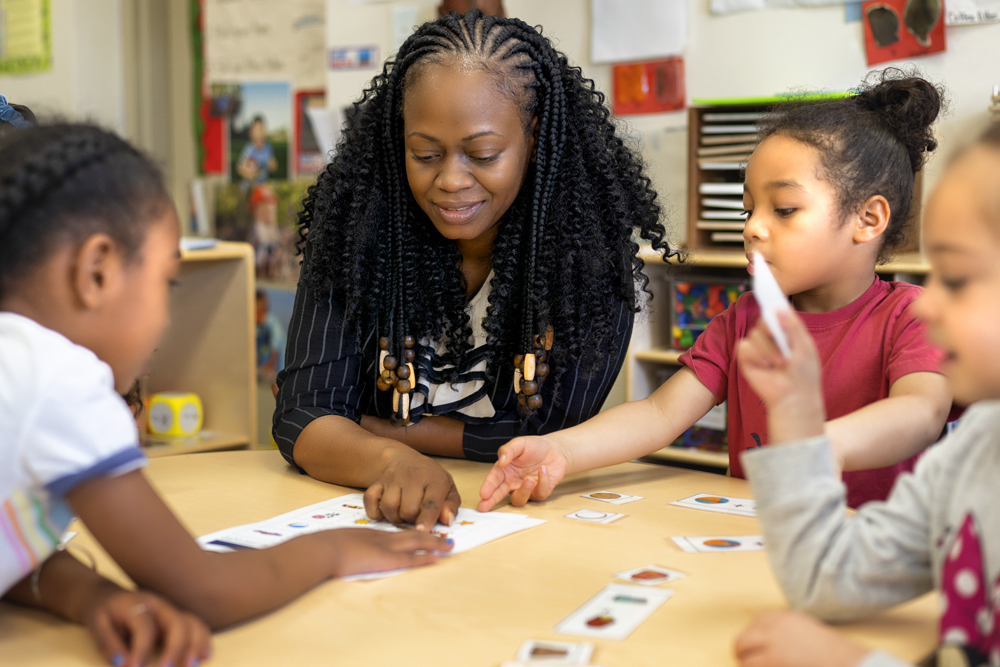
The latest research on the benefits of pre-K
We know that early education is good for children and their development, but what does the latest research tell us about the specific benefits of pre-K?
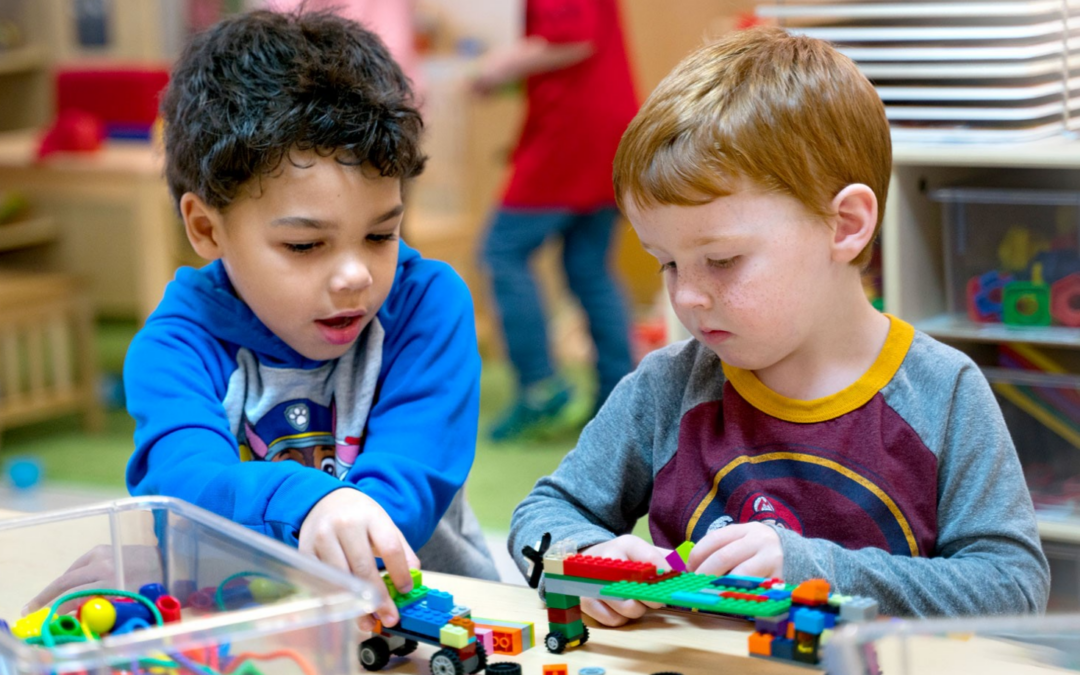
Get kids off to a good start with social and intellectual learning!
Many of today’s young children experienced have more social isolation during their early years due to the COVID-19 pandemic. So, what are some simple things that we can do to help encourage heathy development among today’s young children?
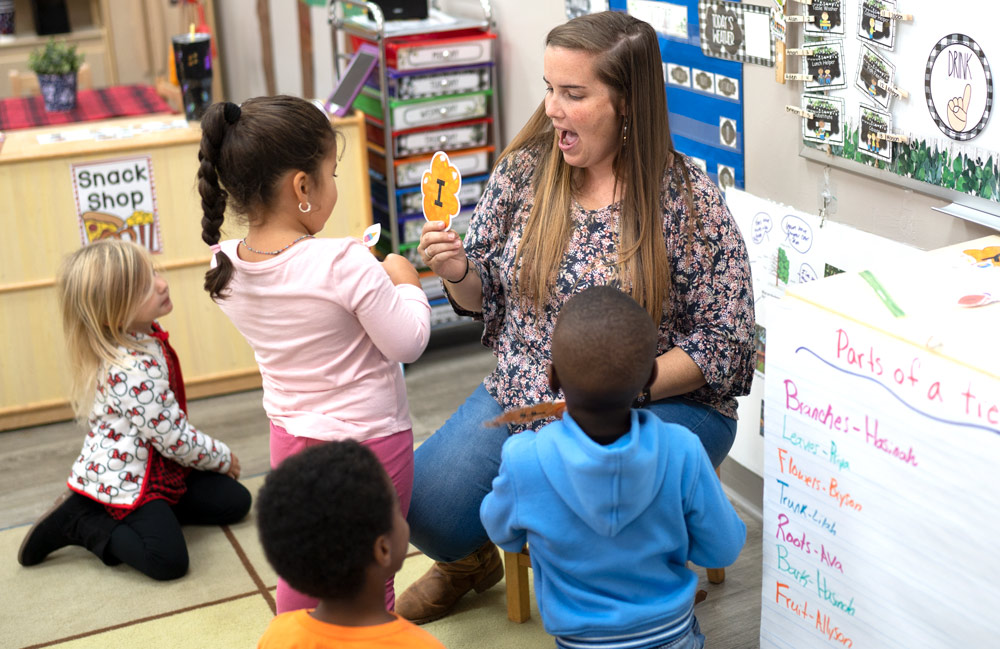
How MECK Pre-K Measures your Child’s Growth in pre-K
There are many ways to observe a child’s growth during the pre-K years. So much is happening for them intellectually, socially and emotionally, it’s almost like seeing a new child emerge every day! As they mature, a pre-K student may develop a broader vocabulary, begin to understand basic math, become more observant about the world around them, make friends, learn problem-solving skills, and so much more.

MECK Pre-K: Elevating Mecklenburg’s Economic Mobility
MECK Pre-K was founded in 2018 with the goal of providing high quality free pre-K education open to all four-year-old children in Mecklenburg County. In the ensuing five years, the program expanded to include 105 classrooms at 47 childcare centers.
